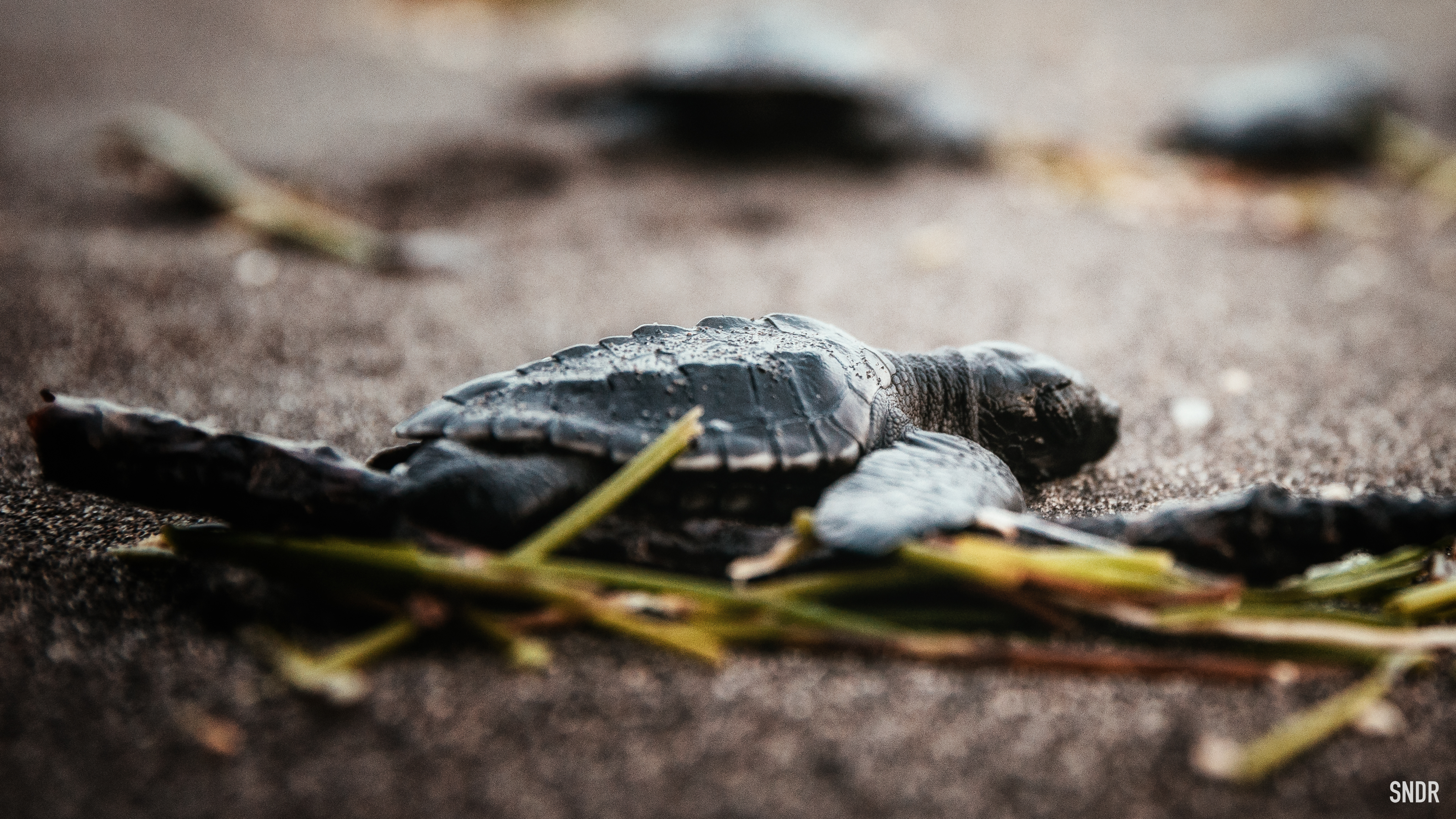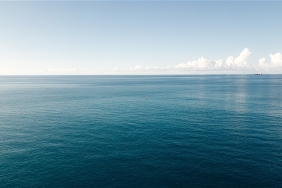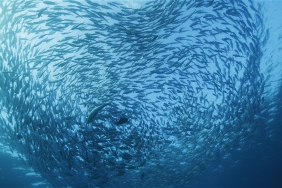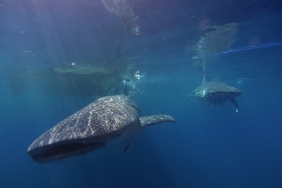PROTECTING SEA TURTLES AT THE BORDER (PART 2)
By: Dwi Suprapti - Marine Species Conservation Coordinator WWF Indonesia
For a long time, turtle eggs from Paloh have been a trade commodity in West Kalimantan and Sarawak (Malaysia). Its abundant population makes turtle eggs one of the regional revenues of Sambas Regency and is also the main vehicle for the turtle egg war festival.
The festival, which is characterized by throwing turtle eggs at each other, is generally held at the beginning of the peak nesting season (May), to express the gratitude of the local community for the abundance of turtle eggs in the region.
However, due to the massive exploitation of sea turtle eggs that occurred for a long time, the population has been greatly reduced. So that since 2005, along with the revocation of the regulation of Regional Income Tax on Sea Turtle Egg Auction by the Sambas Regency Government, this festival was discontinued.
Another reason for the termination of the festival and turtle egg auction by the local government is because it is considered contrary to the laws and government regulations on turtle protection, namely Law No.5/1990 and Government Regulation No.7/1999.
After 2005, turtle eggs in Paloh again became an open access resource. The general public is very free to take them because the majority of the coastal part of Paloh has not been protected and only a small part of the Paloh area (ca. 810.30 ha) has been designated as Tanjung Belimbing Nature Tourism Park (TWA), while the area outside this TWA is still unprotected, making it a target for turtle egg poaching throughout the year.
The poached eggs are sold to both local and cross-border markets (Malaysia). Poachers prefer to sell the eggs to Malaysia because it has a much higher selling value with an average price of Rp. 4,300 - Rp. 5,000. During the peak nesting season, egg collectors can earn more than 10 million rupiah per night.
Departing from that condition, WWF Indonesia since 2009 has been present in Paloh to help the local government conduct coastal conservation programs and sea turtle species. Although initially faced with severe challenges, WWF Indonesia's hard work succeeded in raising the awareness of local residents. In fact, the spirit of some residents to protect these rare reptiles by forming Community Supervisory groups or Pokmaswas, one of which is Pokmaswas Kambau Borneo in Sebubus Village.
Interestingly, most of the Pokmaswas members are former turtle egg poachers who have repented. Through the approach, socialization and training provided, the poachers finally turned into turtle guardian heroes.
This year is the sixth year, since 2009 WWF Indonesia has been there. WWF continues to intensify education to the community, promote the ecotourism sector as one of the efforts to develop the community's economy, develop alternative income for former turtle egg hunters and maximize the role of Pokmaswas as the spearhead of turtle conservation actors in Paloh.
Turtle conservation activities in Paloh do not look like in other turtle nesting areas, where turtles are relocated to artificial hatcheries and raised and then released to the sea. This WWF Indonesia-assisted group does what they can to protect the beach, hatching eggs naturally until the hatchlings head to the open ocean healthily without human touch. Only the shell of the hatched eggs is an indicator of the success of conservation carried out by Pokmaswas Kambau Borneo.
It cannot be denied, although it is not yet optimal and requires the support of many parties, the presence of Pokmaswas Kambau Borneo in Sebubus Village, Paloh Subdistrict, has so far been quite successful in suppressing the activities of poaching and trade in sea turtle eggs at the border of this country. They are not willing for this germplasm from Paloh to become extinct and move to neighboring countries that are far more compassionate to sea turtles. Through a persuasive approach, the community is now beginning to realize the importance of preserving sea turtle survival even though it is far away. (DS).





